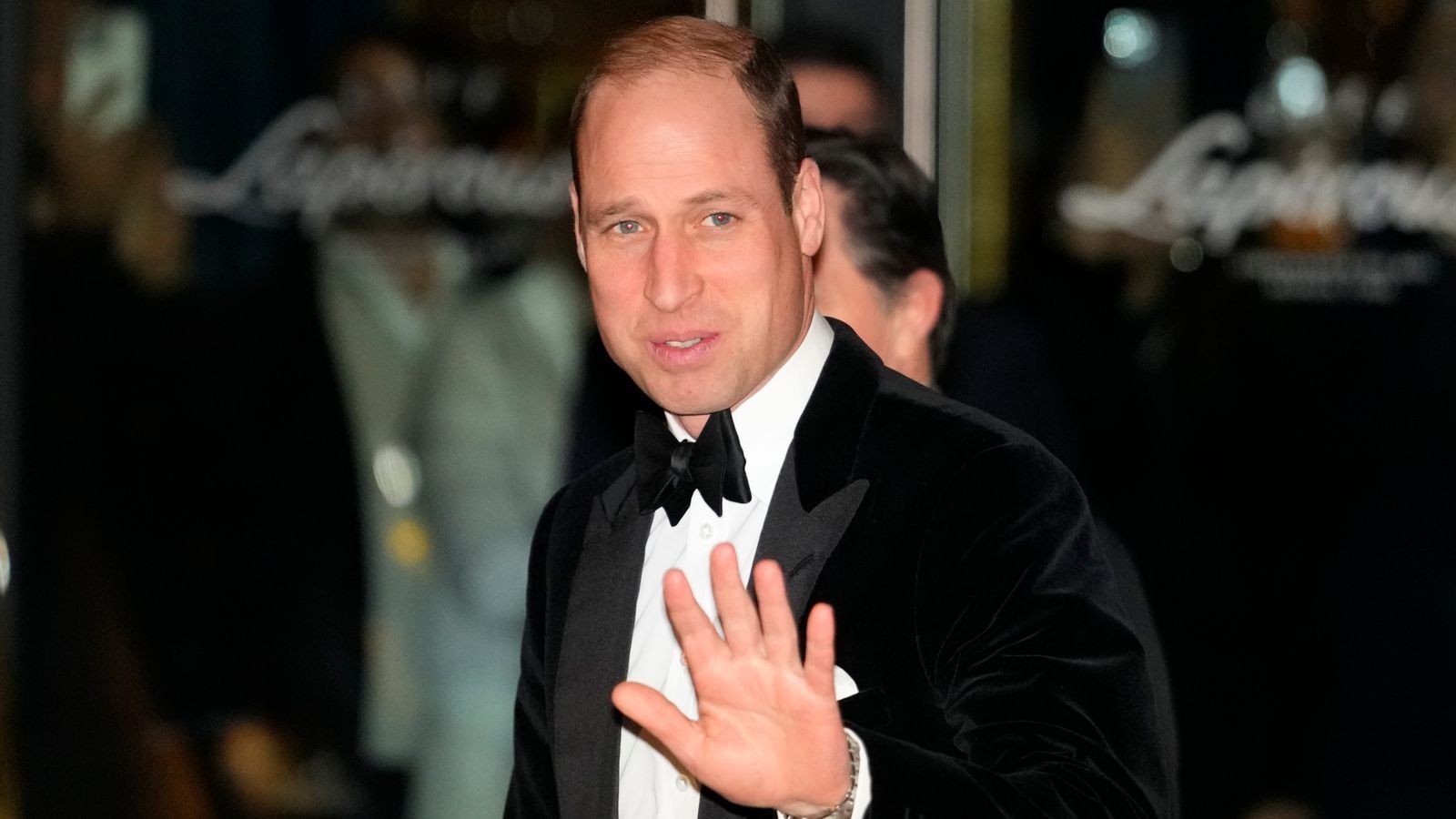The Prince of Wales is to carry out visits this month that will recognise the human suffering” of conflicts in Gaza, Israel and the Middle East. The visits will also address concerns about a rise in antisemitism.
The prince will attend a meeting in a synagogue to hear from young “advocates against hatred and antisemitism” from a range of backgrounds. He and Catherine, Princess of Wales, have been “profoundly concerned” by the events in Gaza and Israel.
While staying out of the politics of these conflicts, the prince’s visits will provide a symbolic recognition of the suffering of those caught up in violence.
He will hear from those providing humanitarian support in the Middle East and is expected to hear first-hand accounts of the pressure on those working in Gaza.
The building of bridges between faiths, and tackling religious intolerance, has been a particular cause of the prince’s father, King Charles III. But since the King’s cancer diagnosis earlier this month, he has not been carrying out such public visits.
Last October, the King spoke of the “heartbreaking loss of life” in the Middle East conflict and made an impassioned call for respect between different faiths and cultures.
And in his Christmas message, he spoke of the underlying universal values shared by religions, at a time of “tragic conflict”. But with the King stepping back from such public involvement during his cancer treatment, Prince William will be among the senior royals taking on such symbolic and sensitive visits.
Prince William had himself stopped carrying out engagements when Catherine had been recovering from abdominal surgery but he has since returned to official duties such as these visits.
Source: BBC
In other news – LGBT veteran in last battle for army ban compensation
A veteran who was sacked from the Navy for his sexuality says he fears he will die before he gets compensation from the UK government. Joe Ousalice was one of thousands who were affected by a ban on LGBT people serving in the British military.
Last year the prime minister said the ban, which lasted until 2000, was an “appalling failure”, and those affected have been promised compensation. Read more
